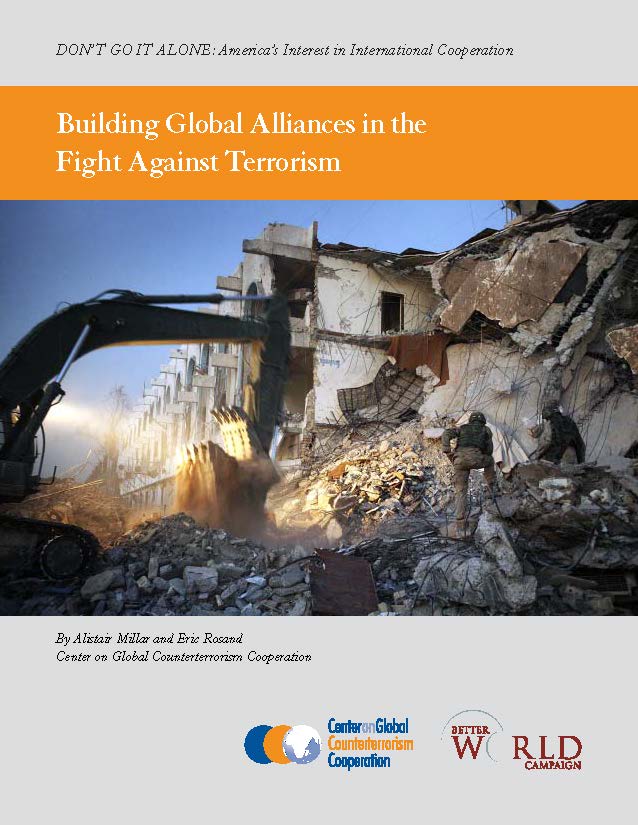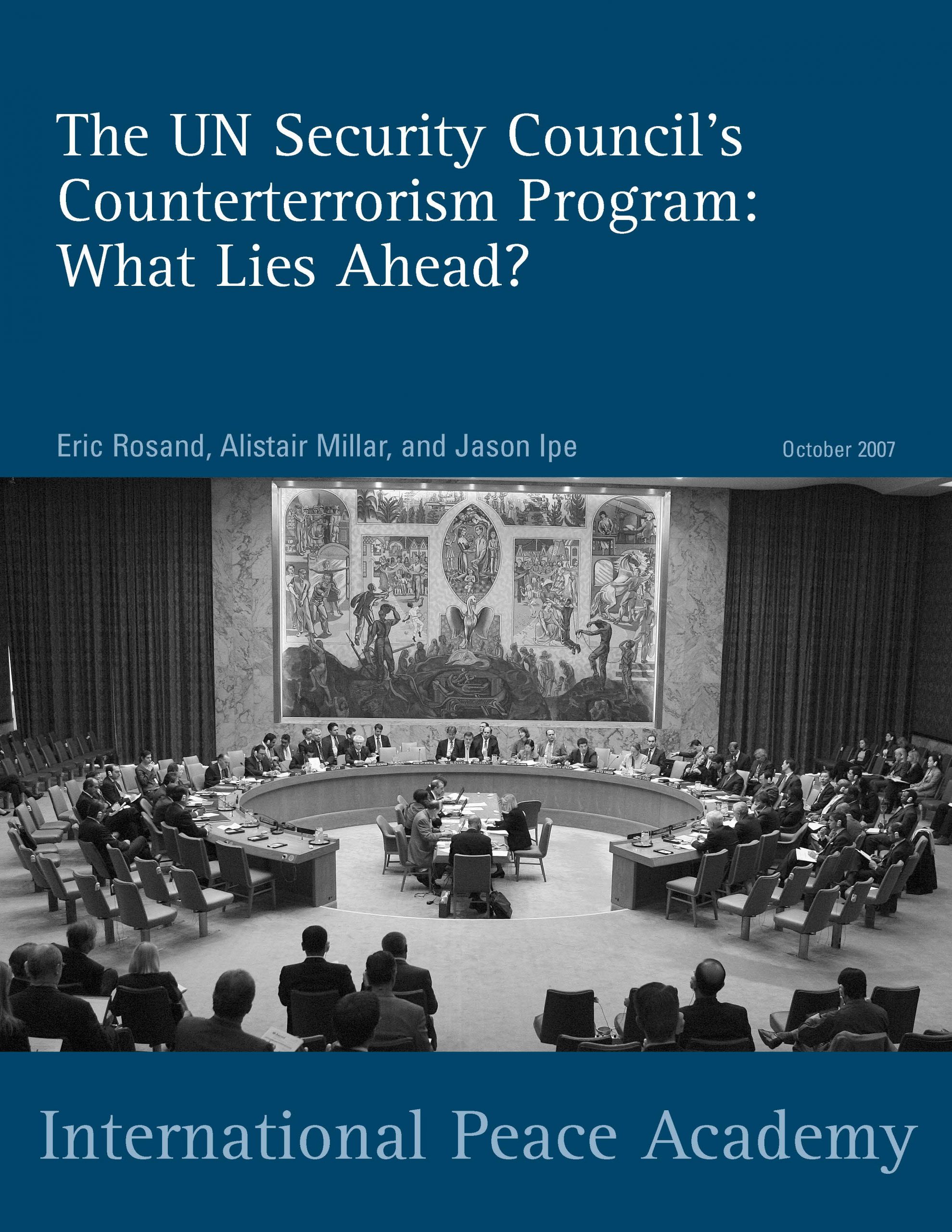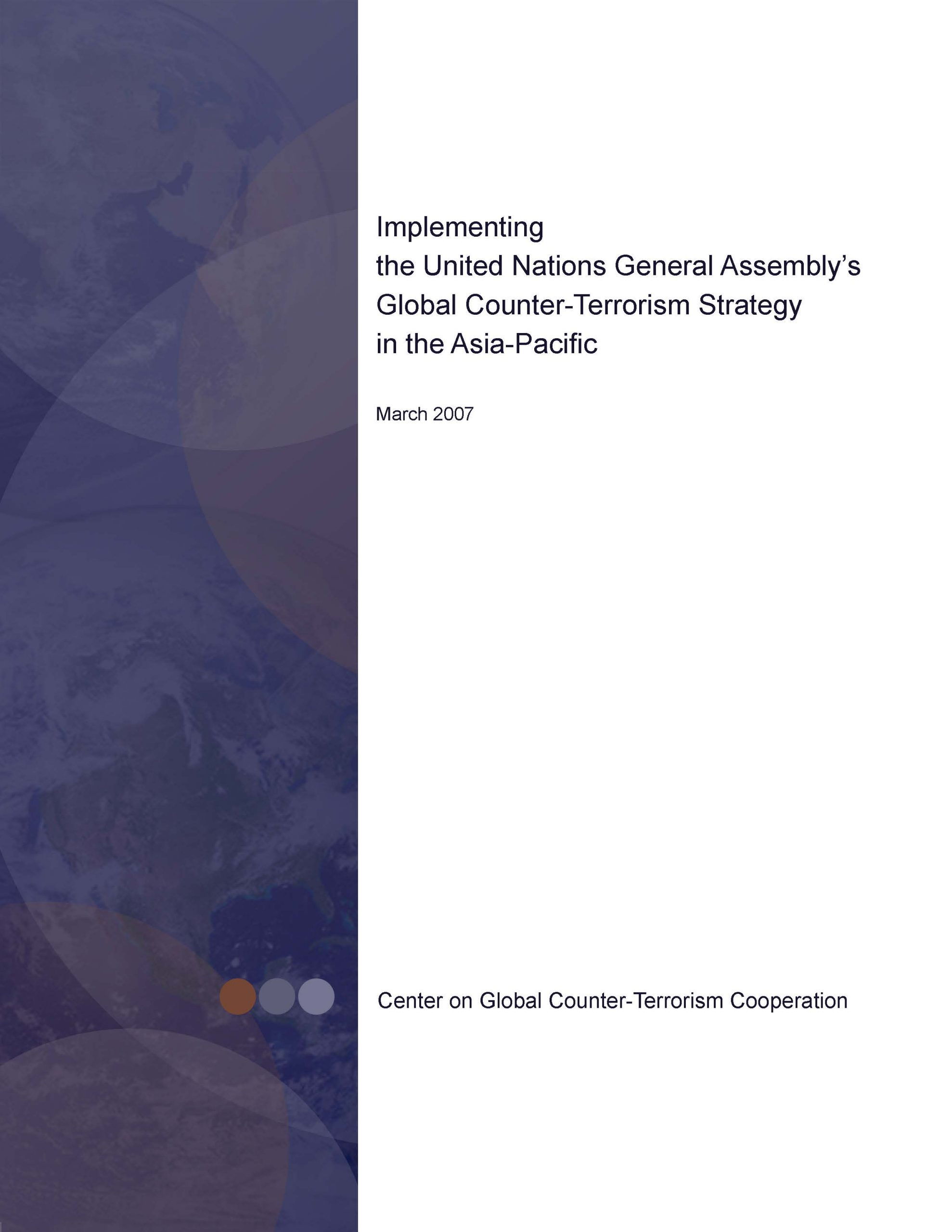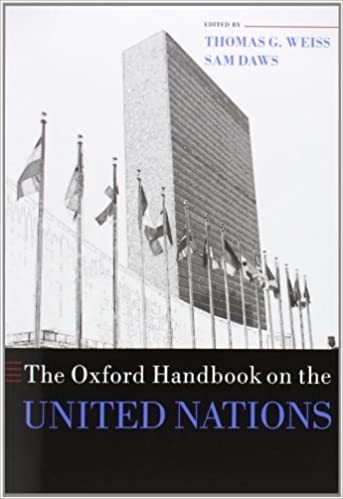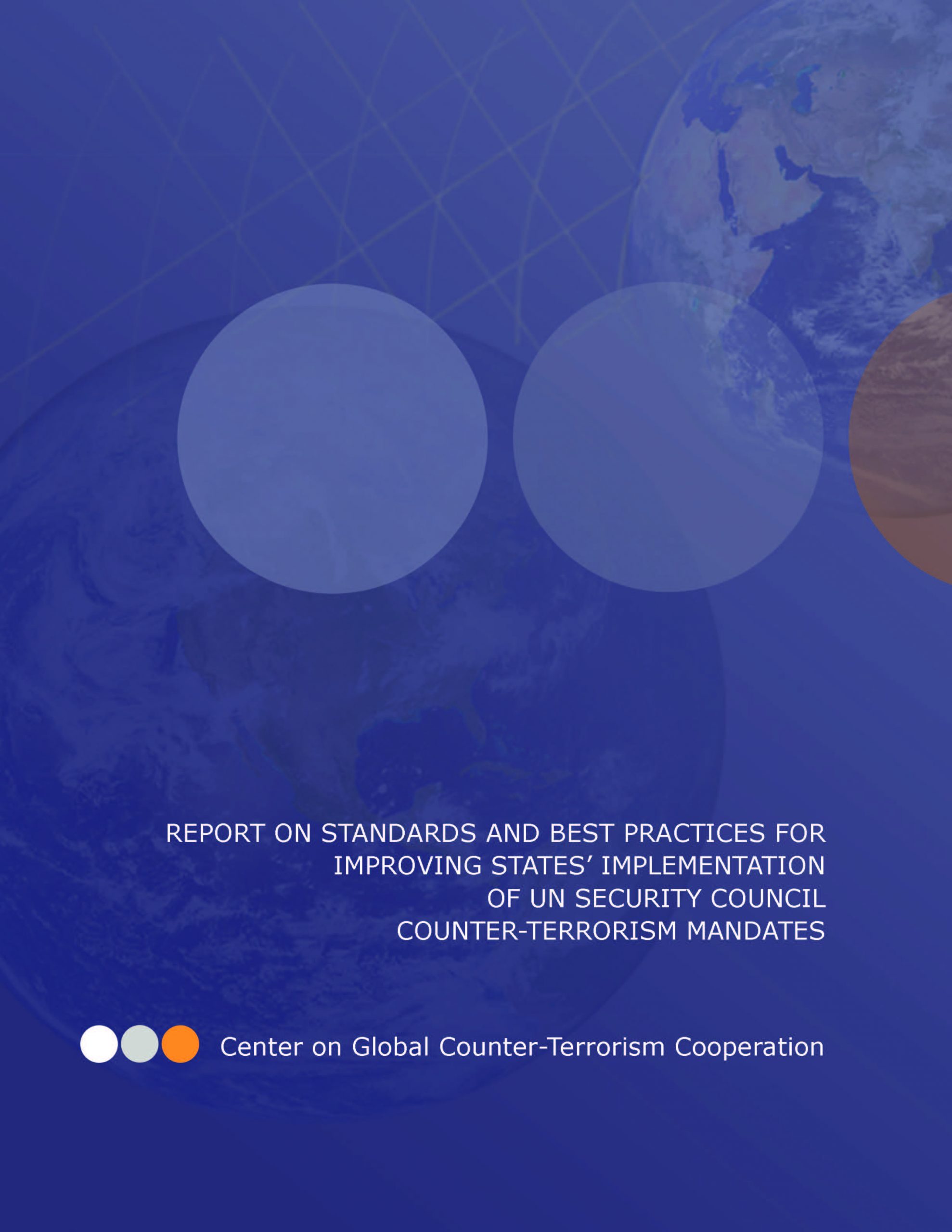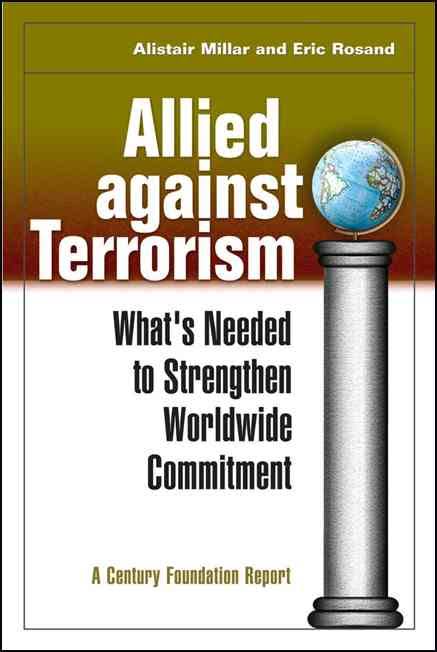Building Global Alliances in the Fight Against Terrorism
Report — November 2007
This report outlines steps the Obama administration should take during its first 100 days to improve international cooperation against terrorism, repair the United States’ damaged reputation on the international stage, and protect America from another major terrorist attack.
